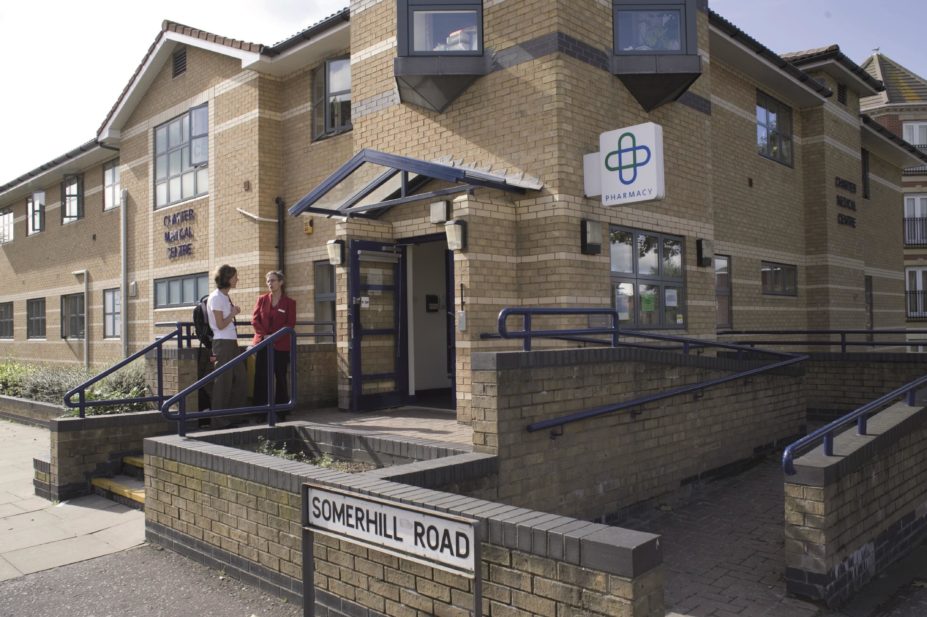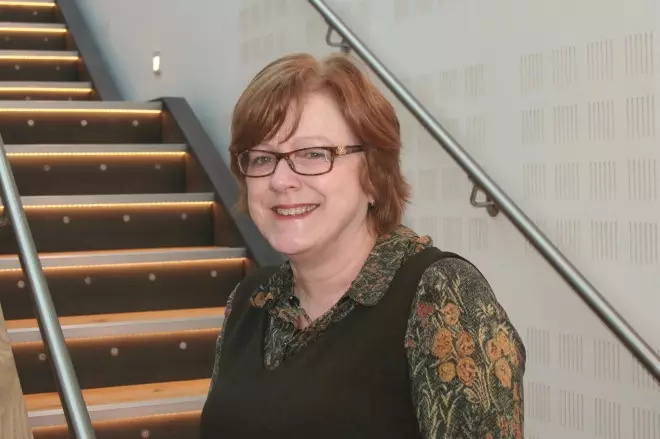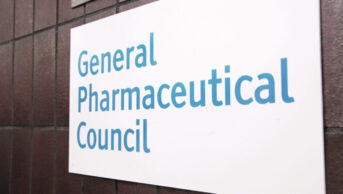
Photofusion / Rex / Shutterstock.com
The ‘Clinical pharmacists in general practice pilot’ schemes should be subjected to a comprehensive evaluation to assess their impact on patient services, says the All-Party Pharmacy Group (APPG).
Other recommendations by the group of cross-party MPs with a special interest in the field of pharmacy include encouraging more community pharmacists to become independent prescribers and investigating whether GPs should be placed within community pharmacy premises.
The recommendations come from an evidence session held at the House of Commons on 17 January 2017 as part of the APPG investigation into community pharmacy reforms. The first of seven investigations scheduled focused on the role of pharmacists in GP surgeries.
The session heard from witnesses involved in the pilot schemes, who said that basing pharmacists within GP practices has lead to “life-changing patient interventions” and had significantly added to general practice capacity. However, until now there has been no formal evaluation of the impact.
The APPG concluded that this needs to be rectified and that the success of the pilot schemes in terms of patient satisfaction, quantity of interventions and effect on GP capacity should be assessed, as well as the potential impact of a wider roll-out and further integration of GPs and community pharmacies on the “primary care eco-system”.
The APPG also said the government should make it a priority to set out its proposals to allow community pharmacists full read-write access to patient records now that the roll-out of the summary care records is complete.

Source: MAG/The Pharmaceutical Journal
Sandra Gidley of the Royal Pharmaceutical Society welcomes MPs’ support for community pharmacists to become prescribers
Sandra Gidley, chair of the RPS English Pharmacy Board, who attended the evidence session, says the MPs were “spot on” with their comments on access to patient records. “I would encourage all pharmacists to make full use of their access to the summary care record,” said Gidley. “I am also pleased that the MPs are supportive of the English Board’s desire for more community pharmacists to become prescribers.”
However, Gidley says she didn’t think that the MPs fully appreciated the role that pharmacists based within GP surgeries could play and its potential to increase and improve the involvement of community pharmacists in clinical care.
Gidley also says that while she didn’t think the idea of basing GPs in pharmacies was likely to be practicable, better co-location of services was something that should be explored.
“The report is a useful contribution to the debate but, so far, the opportunity to explore how the whole pharmacy profession can work together in a synergistic fashion has been missed and I hope that this deficit will be rectified in future evidence sessions,” she adds.
Commenting on the recommendations, a spokesperson for the National Pharmacy Association (NPA) says it welcomes the call for more independent prescribing in the community pharmacy setting.
However, the NPA says that it “remains sceptical” that the initiative to integrate pharmacists into GP practices will address the underlying capacity problems in primary care.
“It is a distraction from the bigger opportunities in the community pharmacy setting,” the spokesperson adds. “Meanwhile, the use of language that divides ‘clinical’ pharmacists from community pharmacists clearly degrades the latter and reinforces suspicions that the Department of Health is bent on downgrading community pharmacy.”
Andrew Green, chair of the British Medical Association’s (BMA) GP prescribing subcommittee, says it would like to see more funding for pharmacists within GP practices.
“The BMA’s GP committee recognises the value of close working with pharmacists, both in terms of the potential improvements to clinical care and in enabling GPs to concentrate on patients who need direct care.
“We do believe that the most benefit will result from true integration of pharmacists within GPs’ teams, and would like to see all patients having the benefit of a pharmacist within their GP surgery.”
However, he adds that the committee is less supportive of other measures in the recommendations, including pharmacists having full read-write access to the GP clinical record, stating that the problems with this proposal have not been adequately explored in the committee’s opinion.
He also says the committee foresaw potential issues with basing GPs within pharmacies owing to ethical considerations and the need to maintain independence, particularly with regard to prescribing.
The recommendation was raised at the session by APPG vice-chair Oliver Colvile MP, who indicated that it could be particularly suited to premises belonging to large multiples. Green said that this could make some GPs uncomfortable.
“Many GPs recognise the conflict between the commercial and healthcare functions of community pharmacies, and would not feel able to share premises with organisations that continue to sell unproven and unorthodox treatments, as well as foods that are high in fat, sugar, and salt.”
The next evidence session of the investigation takes place on 6 February 2017.
The APPG receives financial support from Pharmacy Voice, the Pharmaceutical Services Negotiating Committee and the Royal Pharmaceutical Society.
- This article was amended on 16 February 2017 to clarify which pharmacy bodies provide funding to the All-Party Pharmacy Group.
You may also be interested in

Pharmacy Defence Association launches survey of GP pharmacists

Pharmacy regulator considers giving up legal authority to conduct covert investigations of pharmacists
